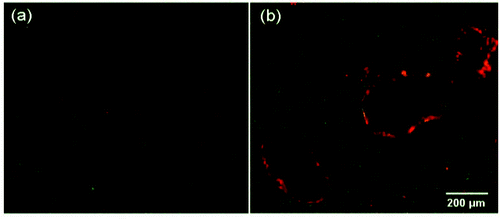'Miracle tree' substance produces clean drinking water inexpensively and sustainably

A natural substance obtained from seeds of the "miracle tree" could purify and clarify water inexpensively and sustainably in the developing world, where more than 1 billion people lack access to clean drinking water, scientists report. Research on the potential of a sustainable water-treatment process requiring only tree seeds and sand appears in ACS' journal Langmuir.
Stephanie B. Velegol and colleagues explain that removing the disease-causing microbes and sediment from drinking water requires technology not always available in rural areas of developing countries. For an alternative approach, Velegol looked to Moringa oleifera, also called the "miracle tree," a plant grown in equatorial regions for food, traditional medicine and biofuel. Past research showed that a protein in Moringa seeds can clean water, but using the approach was too expensive and complicated. So Velegol's team sought to develop a simpler and less expensive way to utilize the seeds' power.
To do that, they added an extract of the seed containing the positively charged Moringa protein, which binds to sediment and kills microbes, to negatively charged sand. The resulting "functionalized," or "f-sand," proved effective in killing harmful E. coli bacteria and removing sediment from water samples. "The results open the possibility that ... f-sand can provide a simple, locally sustainable process for producing storable drinking water," the researchers say.
More information: Antimicrobial Sand via Adsorption of Cationic Moringa oleifera Protein, Langmuir, Article ASAP. DOI: 10.1021/la2038262
Abstract
Moringa oleifera (Moringa) seeds contain a natural cationic protein (MOCP) that can be used as an antimicrobial flocculant for water clarification. Currently, the main barrier to using Moringa seeds for producing potable water is that the seeds release other water-soluble proteins and organic matter, which increase the concentration of dissolved organic matter (DOM) in the water. The presence of this DOM supports the regrowth of pathogens in treated water, preventing its storage and later use. A new strategy has been established for retaining the MOCP protein and its ability to clarify and disinfect water while removing the excess organic matter. The MOCP is first adsorbed and immobilized onto sand granules, followed by a rinsing step wherein the excess organic matter is removed, thereby preventing later growth of bacteria in the purified water. Our hypotheses are that the protein remains adsorbed onto the sand after the functionalization treatment, and that the ability of the antimicrobial functionalized sand (f-sand) to clarify turbidity and kill bacteria, as MOCP does in bulk solution, is maintained. The data support these hypotheses, indicating that the f-sand removes silica microspheres and pathogens from water, renders adhered Escherichia coli bacteria nonviable, and reduces turbidity of a kaolin suspension. The antimicrobial properties of f-sand were assessed using fluorescent (live-dead) staining of bacteria on the surface of the f-sand. The DOM that can contribute to bacterial regrowth was shown to be significantly reduced in solution, by measuring biochemical oxygen demand (BOD). Overall, these results open the possibility that immobilization of the MOCP protein onto sand can provide a simple, locally sustainable process for producing storable drinking water.
Journal information: Langmuir
Provided by American Chemical Society
















